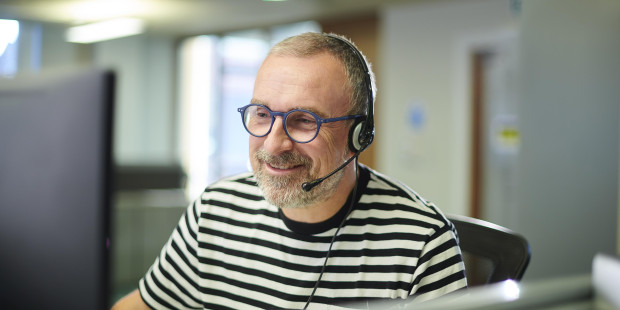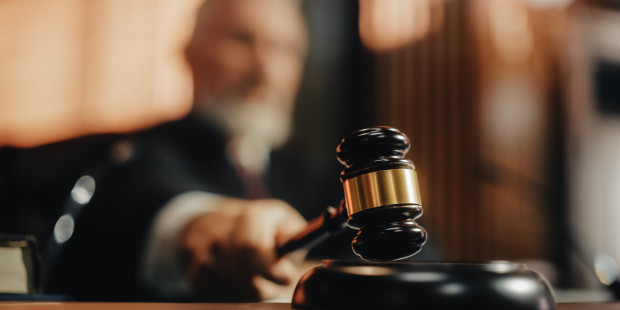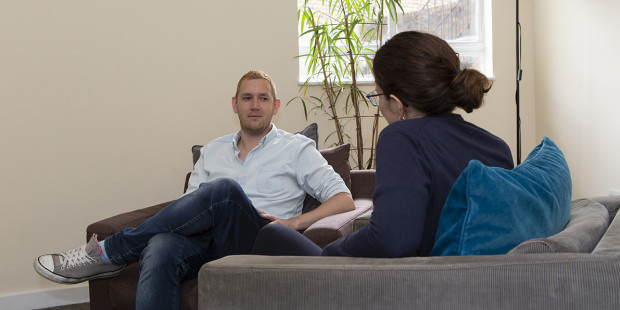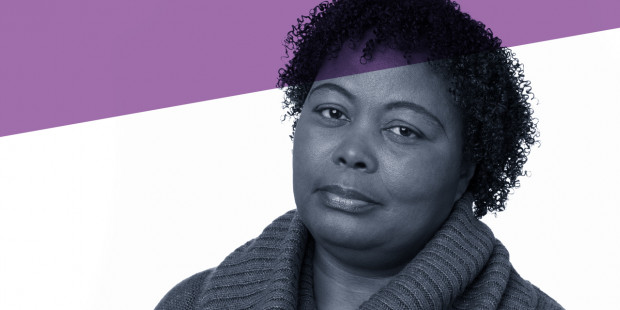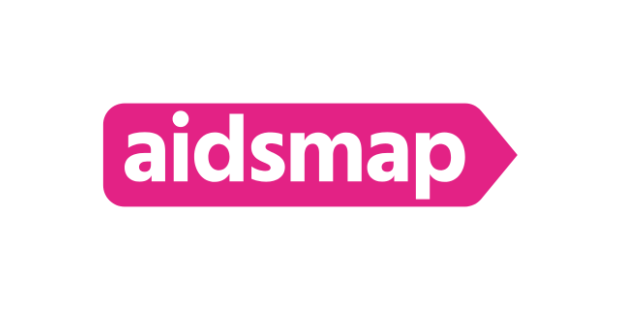Things to remember
- The vast majority of accusations never reach court, so don’t panic.
- Don’t be rushed into hasty action. Ensure you get expert legal advice before giving a statement, giving permission to access your medical records or pleading guilty.
- All these actions have serious implications. Just because you had sex with someone doesn’t necessarily mean you are the person who caused their infection.
What should I do if I’ve been accused?
The first place to contact is THT Direct as we have a lot of experience of these cases. We can also put you in touch with your local HIV organisation for emotional support and advice, and we can suggest a good solicitor.
Should I hire a lawyer?
Most solicitors will only be willing to take on a case if an arrest has already been made or if the police are already investigating. They do not give general advice if no accusation has yet been made – at least not without charging a fee.
What happens next?
If you are charged with a crime, the police may offer you a duty solicitor. It is important to ask the solicitor if they have worked on this sort of case before. If they have not, make sure they take advice from experts in this area of law before they give you any themselves.
We sometimes have to help people who have been badly advised at this stage to change solicitors later on. If the solicitor seems good but is inexperienced, we will be happy to help them get up to speed on the special issues involved.
Is there anything I should know before my case begins?
If you think you may be prosecuted, or that an accusation may be made, it can be helpful to familiarise yourself the general Crown Prosecution Service (CPS) or Procurator Fiscal guidelines for court cases.
These will help you to understand what to expect and, equally importantly, help you to understand whether the person managing your case is being reasonable or not.
More on prosecutions for HIV transmission
- Policy for prosecuting cases involving the intentional or reckless sexual transmission of infection, CPS.
- The National AIDS Trust resource on criminal prosecutions for HIV transmission.
- Find more useful links and information on our legal issues page.


